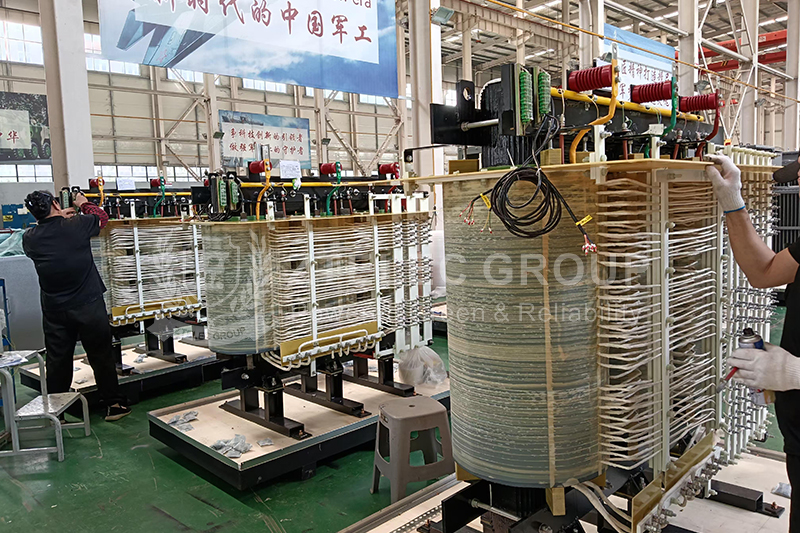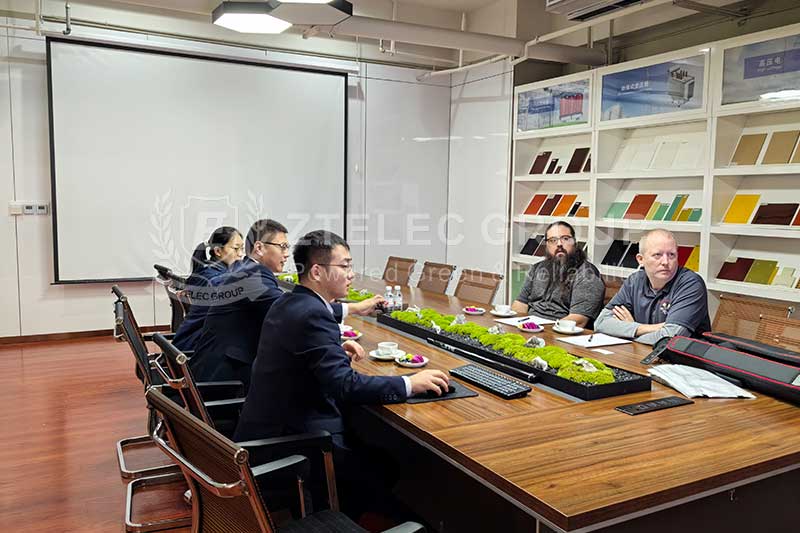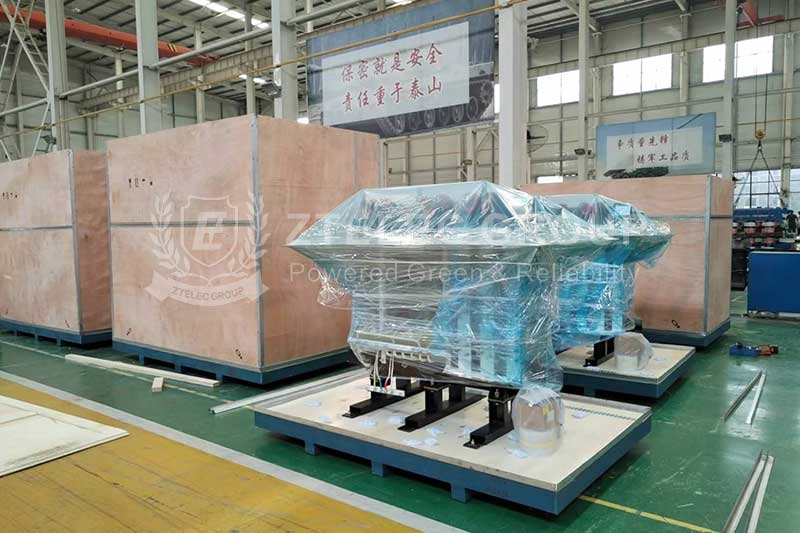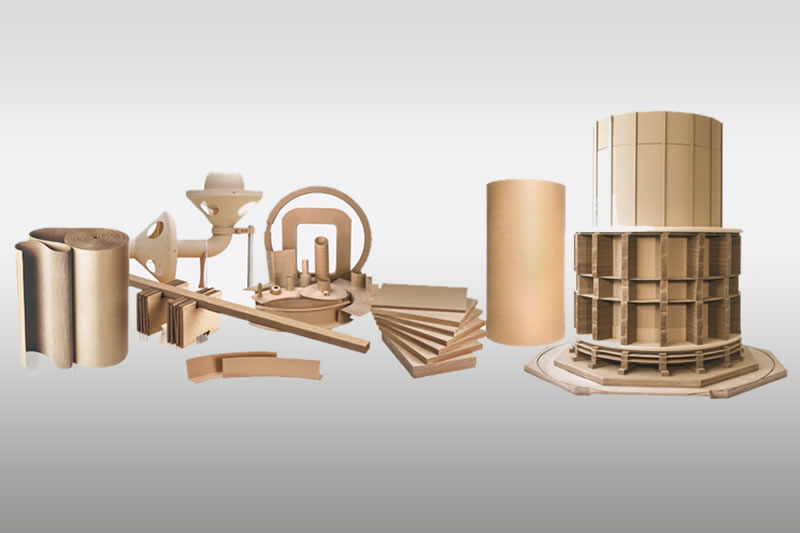Which epoxy board is better to process the transformer frame?
A transformer is an electrical device that uses the principle of electromagnetic induction to change an AC voltage. Among them, the transformer skeleton is the main structure of the transformer, which is very important to the whole transformer, which also means that the material quality of the skeleton must be qualified. Many materials can be used to manufacture transformer frames, such as nylon, PBT, PET, LCP, bakelite, epoxy board, etc. Which material is most suitable for processing transformer frames?

Generally, we use epoxy board for processing. It is so popular because of its light weight, good machinability, reasonable price, high temperature resistance, high strength, corrosion resistance and good electrical properties. The price of the epoxy board skeleton is not very expensive, it is easy to process, and its performance is better than that of nylon and bakelite. The biggest feature is that it is not easily deformed.
Epoxy board is made by bonding glass fiber cloth and epoxy resin through high temperature pressing. The insulating material of this process has special functions, such as high temperature resistance, good machinability, good insulation, moisture resistance and corrosion resistance, etc. Therefore, it is widely used in many fields. Therefore, it can be used to manufacture transformer skeletons, which fully reflects the characteristics of good dielectric properties and stable electrical performance of epoxy boards under high humidity.
What type of epoxy board should be selected when manufacturing the transformer skeleton?
As an epoxy board manufacturer, I can tell you that most customers choose fr4 boards. Fr4 board can be divided into two types: halogen and halogen-free, namely toxic and non-toxic. Considering the product cost, the halogen-free FR-4 epoxy board can be selected to manufacture the transformer frame.

Summarize
Why do transformer skeletons use FR4 epoxy boards?
1. FR4 epoxy board has high mechanical strength, and the strength can be guaranteed;
2. FR4 has excellent electrical performance and can meet the requirements of transformer internal electrical performance;
3. Aging resistance, long life and high reliability; (transformer life cycle is generally 20 to 30 years)
- more+releated article
- 2026-01-04Common Power Transformer Faults: Causes, Solut
- 2025-12-312026 New Year Holiday Notice
- 2025-12-31Operation, Maintenance, and Service Life Manag
- 2025-12-30How to Select a 100 kVA–500 kVA Distribution
- 2025-12-29The Impact of NHN NMN Composite Insulation on
- 2025-12-26Practical Application of GPO-3 Insulation Boar
- 2025-12-2510kV Transformer Replacement Timeline: Install
- 2025-12-25Low Smoke EN45545 GPO3 UPGM203 Laminated Board
- 2025-12-24Merry Christmas — ZTelecgroup Christmas Cele
- 2025-12-24How to Select a Suitable 50kVA–500kVA Distri





